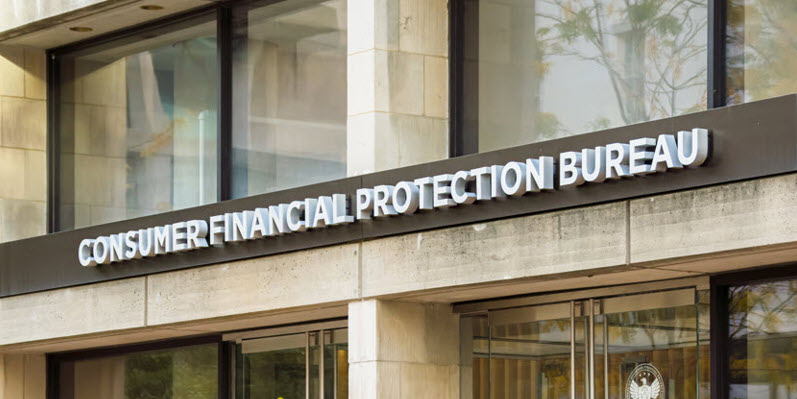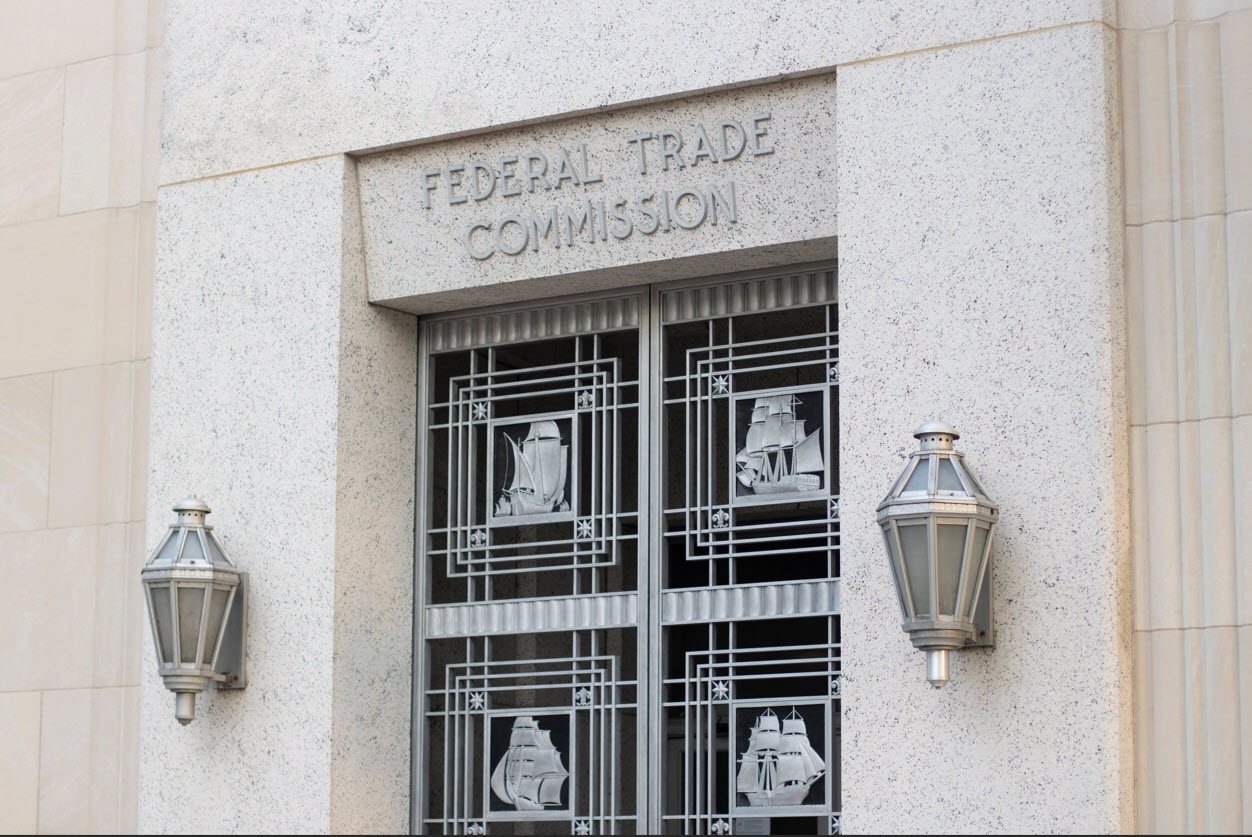The Consumer Financial Protection Bureau (CFPB) has announced that it will not prioritize enforcement of its regulation on payday, vehicle title, and certain high-cost installment loans, which is set to take effect on March 30, 2025.
Background on the Rule
Originally adopted in 2017, the rule was initially scheduled for implementation in 2019 but faced legal challenges that delayed its enforcement. A major court ruling in May 2024 upheld the CFPB’s funding structure, reversing a previous decision that questioned the agency’s authority and the legality of the rule.
Following this ruling, the CFPB reaffirmed the compliance date of March 30, 2025. However, recent statements indicate a shift in priorities. The bureau has stated that it will not focus on enforcement actions related to penalties or fines associated with the rule’s payment withdrawal and disclosure provisions. Instead, resources will be allocated toward addressing other consumer financial concerns, particularly those impacting servicemen, veterans, and small businesses.
Potential Revisions to the Rule
The CFPB has also signaled that it is considering changes to the regulation, including a possible notice of proposed rulemaking to narrow its scope. Industry stakeholders have expressed support for this reconsideration, arguing that the rule was initially based on outdated data and could restrict access to credit for those who need it most.
Legislative Actions on Overdraft Fees and Medical Debt
In addition to developments regarding the payday lending rule, the U.S. Senate recently voted 52-48 to overturn a CFPB regulation that caps banks’ overdraft fees. The resolution, introduced under the Congressional Review Act (CRA), will now move to the House of Representatives for consideration.
Similarly, legislative efforts are underway to challenge the CFPB’s rule on medical debt. Lawmakers in both the House and Senate have introduced resolutions aimed at overturning this regulation, with the House Financial Services Committee and Senate Banking Committee set to review them.
If approved at the committee level, these resolutions will proceed to a full vote in both chambers. Under the CRA, Congress can nullify certain federal agency actions with presidential approval.
Looking Ahead
As the CFPB continues to refine its regulatory focus, stakeholders in the financial industry and consumer advocacy groups will closely monitor these shifts. The bureau’s evolving approach to enforcement and rulemaking may have significant implications for borrowers, lenders, and financial institutions across the country.
Sign Up for the Twice Monthly Newsletter
Just enter your email address at the top orange bar at:
Collection Compliance Experts – “The Power of Expertise: Oversight Perfected”
It’s that easy! Twice a month – we provide blog updates and Resources for the Collection and Industry Professional.
Your email is just for this newsletter. We never sell your information. No fee. Opt-out at any time.

Author: Jennifer Evancic
Jennifer.Evancic@ResourceManagement.com
Jennifer Evancic is a third-party auditor valued by creditors and large organizations for her knowledge in call monitoring within the collections industry. With meticulous attention to detail and a firm grasp of regulatory requirements, she ensures compliance with clients’ criteria and state and federal regulations.
Jennifer audits collections calls, ensuring they meet client-specific criteria and comply with regulations, providing valuable insights and maintaining industry standards.
Beyond her auditing responsibilities, Jennifer takes the lead in organizing and facilitating monthly call calibrations. These sessions serve as a collaborative forum where clients and their vendors come together to discuss call monitoring results and address any findings or areas for improvement. Jennifer’s guidance fosters open communication and ensures alignment between clients and vendors, driving continuous improvement in collections practices.
Jennifer stays up-to-date with compliance and industry best practices by participating regularly in peer meetings, regulatory updates and industry webinars. This keeps her informed about emerging issues and ensures she remains a knowledgeable leader in collections compliance.




